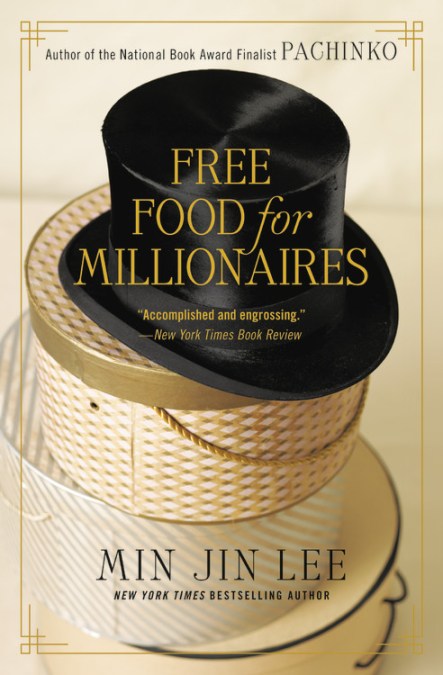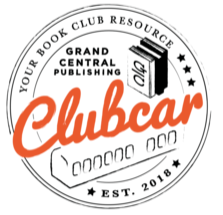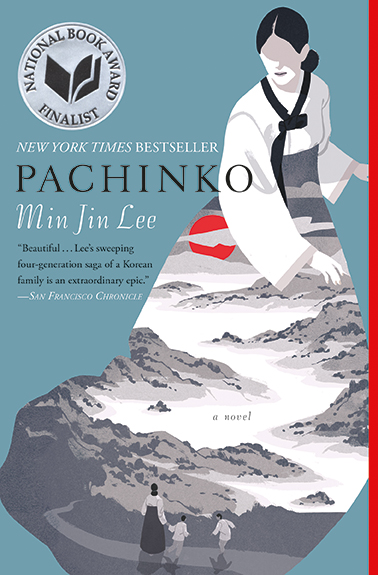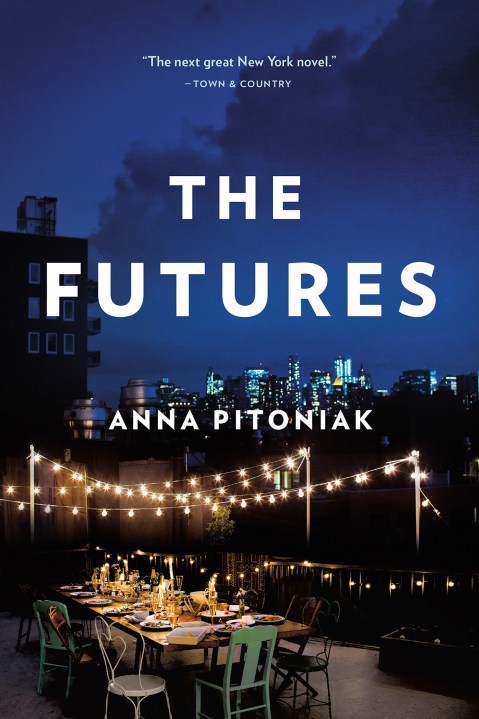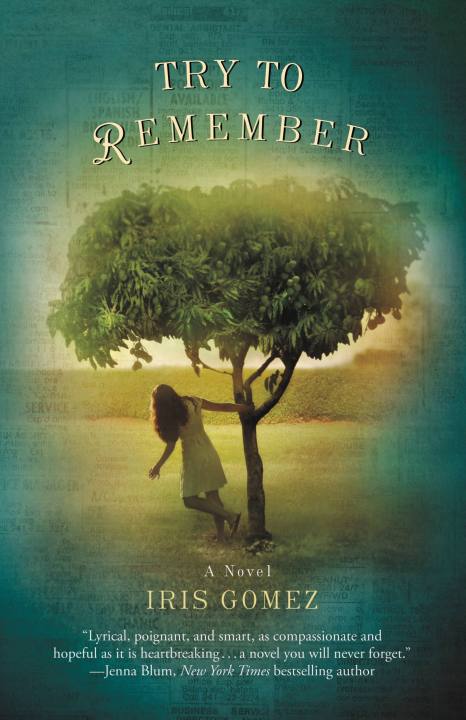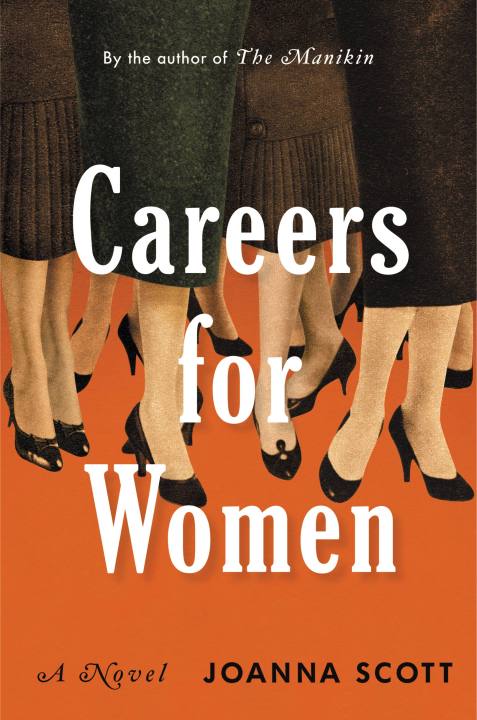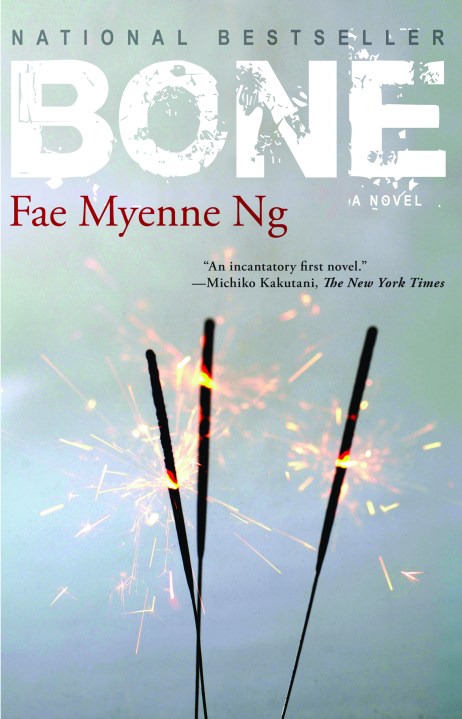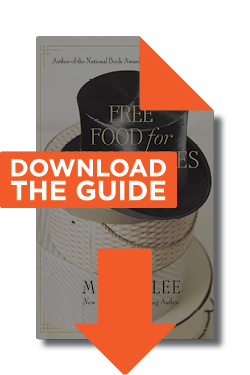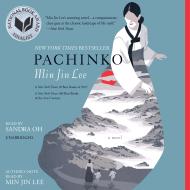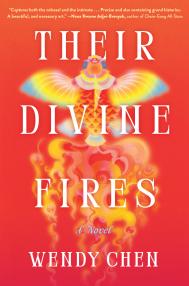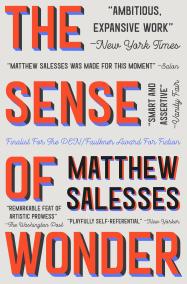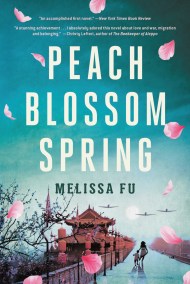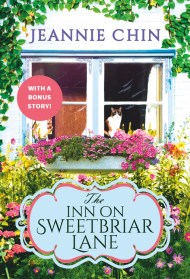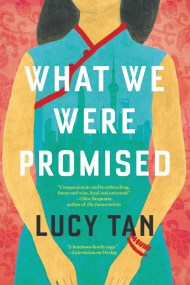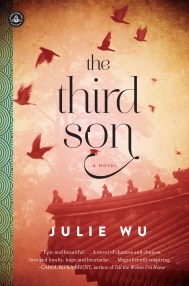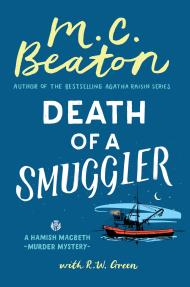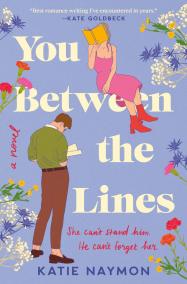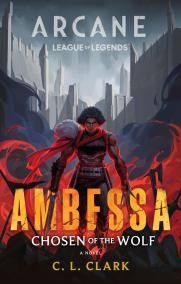How did you choose Casey Han’s name?
I began this novel shortly after September 11, 2001. And until August, 2007 I lived in downtown New York, not ten blocks from the World Trade Center. After the attack, the New York Times published a series of brief obituaries with photographs of all those who had died. I could hardly read them, but now and then I tried. One day, I opened the section and saw a young Asian woman’s face. Her first name was Casey. She was pretty, with a beguiling expression—like someone you’d look forward to seeing at work. She had a Korean surname, and I’d never met a Korean with the given name Casey before. I don’t know anything about her except for what was on that brief obituary, but I named my character after this woman who died so close to where I lived. As for Casey’s surname, I have been told that there is only one Han family line in Korea, whereas there may be many branches of Kim, Lee, or Cho. The word han can be loosely translated as a uniquely Korean sentiment of lament—an inexpressible anguish or suffering of a people from a divided nation whose national history is one of humiliation and loss. The meaning of han is considered by some to be a national cultural trait, reflecting historical oppression and isolation. That a young woman growing up in America with such enormous freedom and advantages could somehow carry with her this unconscious sense of historical suffering was something I considered throughout the writing of this book.
Casey Han and her traditional Korean father have a pretty violent opening scene. It might be helpful for readers to get his perspective on the events taking place. Is there anything you’d like to add about this scene and why it’s happening?
This scene was difficult to write, because domestic violence is prevalent yet hidden in patriarchal cultures, and to write about it seemed like a betrayal. It was essential to write this scene in an omniscient voice because I wanted to dramatize and personalize the experience of violence for each character in the room. In this scene, the father is the perpetrator of the violence, while Casey is the victim; the mother is present but helpless and the sister keeps to herself. Each character acts out all that he or she cannot express. I think about children who do not have language and who have to hit, bite, or cy. I love the phrase you say to preschoolers: “Use your words.” But grown-ups don’t always have the words either, yet they, too, have all this feeling. I wanted to show that kind of emotional illiteracy and frustration sympathetically in this scene. The fight between th me it was Casey, the one who was hit, who was in some measure stronger because she had greater power of expressing and awareness.
Where did you find the inspiration for the book?
A friend told me a story about the free lunches given at investment banks after a deal ends. For example, if an investment bank closed a bond offering for a Chinese telecom company, there might be a free dim sum lunch for some of the employees of that investment bank. My friend told me that where he worked, sometimes the wealthiest employees were the first in line to grab a lot of food. I thought this was ironic and funny: free food for millionaires. I had intended to write a shorty story, but my best friend, Dionne Bennett, a professor at Loyola, said it would make a great novel because I am familiar with this world of Wall Street and New York’s complicated class structure. I started this book in 2001 and finished it in 2006.
How did you decide to write about Casey and Ella?
I quit being a lawyer in 1995 to write fiction. For about five years, there was no relief to the number of rejections I received. It was then I began a short story called “Bread and Butter.” It became my first published story, and I was thirty-two years old. The story was about two young women who become friends by accident and about how failure affects each one and their feelings for each other and themselves. They were both Korean American and newly married—one was wealthy, beautiful, and depressed and the central character was poor and unattractive, but possessed enormous confidence and even larger dreams that she could not fulfill. It was really that story and how it was received that gave me the courage to write about friendship—permitting me to render Casey and Ella’s dynamic. I have also met the Ellas of this world, who romanticize poverty, and those who escape it. It felt true to me that Ella was drawn to Casey for her energy and desires in the same way she is drawn to Ted and his exuberant ambition. Everyone always talks about how the poor want to be rich, and there is that, of course, but I’ve also seen the opposite to be true.
Do you have any favorite male characters?
There are the obvious good guys like Isaac Gottesman or Dr. Shim. I love them for their kindness and wisdom. I adore the rake Hugh Underhill because there is something sexy about his carelessness regarding his beauty and privilege. Nevertheless, I think my favorite male character might be Ted, because his desires were so strong. He may be repellent to some, but I think we all know a variation of Ted in our lives, and whatever they are doing, we want to watch them compulsively. I wanted to see how the son of uneducated cannery workers goes to Phillips Exeter Academy, Harvard College, then Harvard Business School, marries a beautiful doctor’s daughter, an heiress’s. What would it be like to give him what he wanted and worked for? What would he want next? I found his behavior on the page interesting, because what I learned was that he craved to feel at ease, though it looked as if he was winning every battle smoothly. The person who made him feel this way was Delia, the office “slut.” How bizarre, but to me, very true. I believe that Ted could not and would not have chosen Delia unless he had actually lived and experienced the fulfillment of his primary wishes and goals.
You’ve chosen to write this book showing many points of view. Is there a reason why?
More than anything, I wanted to try to write novels in the style of the ones I loved. I have always loved nineteenth-century literature from England and Europe, and early twentieth century literature from America. The books I reread for pleasure almost always employ an omniscient narrator—either a fictive person who knows everyone’s thoughts and how the story will be told or the author himself who knows how the story ends and why. There is a godlike quality to omniscience, and it is that I am vainly approaching in storytelling. Also, I think I loved Tolstoy, Dostoyevsky, Turgenev, Thackeray, Flaubert, George Eliot, Balzac, Edith Wharton, Maugham, Dickens, the Bröntes… because they reveal marginal characters as well as the central characters. Perhaps this is important to me because of my own background in which I have felt both marginal and central at different times. Obviously, none of those books featured anyone biographically like me. It’s very difficult to share what you learn and speculate only through one point of view. The omniscient point of view lends itself to far greater flexibility and spaciousness. Though omniscient narration is an unpopular way of storytelling for modern writers, it can reveal how everyone in the room is thinking about the issues and each other and themselves, rather than what they are actually doing and saying. Even the people of the finest character don’t speak truthfully or act honestly all the time. It is only in fiction that all the dimensions of personality and behavior may be witnessed. I wanted to have a go at taking it all down.
Who are your favorite authors, and which are your favorite books?
George Eliot: Middlemarch
Charlotte Brönte: Jane Eyre
William Makepeace Thackeray: Vanity Fair
Sinclair Lewis: Main Street
Thomas Hardy: Jude the Obscure
Honore de Balzac: Cousin Bette, Lost Illusions
Leo Tolstoy: Anna Karenina
Toni Morrison: The Bluest Eye
Theodore Dreiser: Sister Carrie
Zora Neale Hurston: Their Eyes Were Watching God
Edith Wharton: The House of Mirth
Gustave Flaubert: Madame Bovary
Junichiro Tanizaki: The Makioka Sisters
What’s the best piece of advice you ever received? How have you applied it to your writing career?
I heard in a sermon once that the definition of self-control was to choose the important over the urgent. I think as a writer, it is difficult but necessary to defer gratification and to do the work and to keep doing the work regardless of its prospects. I think John Gardner’s advice to writers was very good—basically, not to expect that writing would provide for your needs, but to write anyway if you must. Often, I’ve wished that I could’ve had quicker success, greater financial security, more respect, et cetera, as a writer. For nearly twelve years now since leaving the law, I have often felt ashamed for wanting to be a writer and doubtful of my talents. What helped in those moments was to consider what was important, rather than urgent feelings of embarrassment and helplessness. What was important is still important now: to learn to write better in order to better complete the vision one holds in one’s head and to enjoy the writing, because the work has to be the best part.
